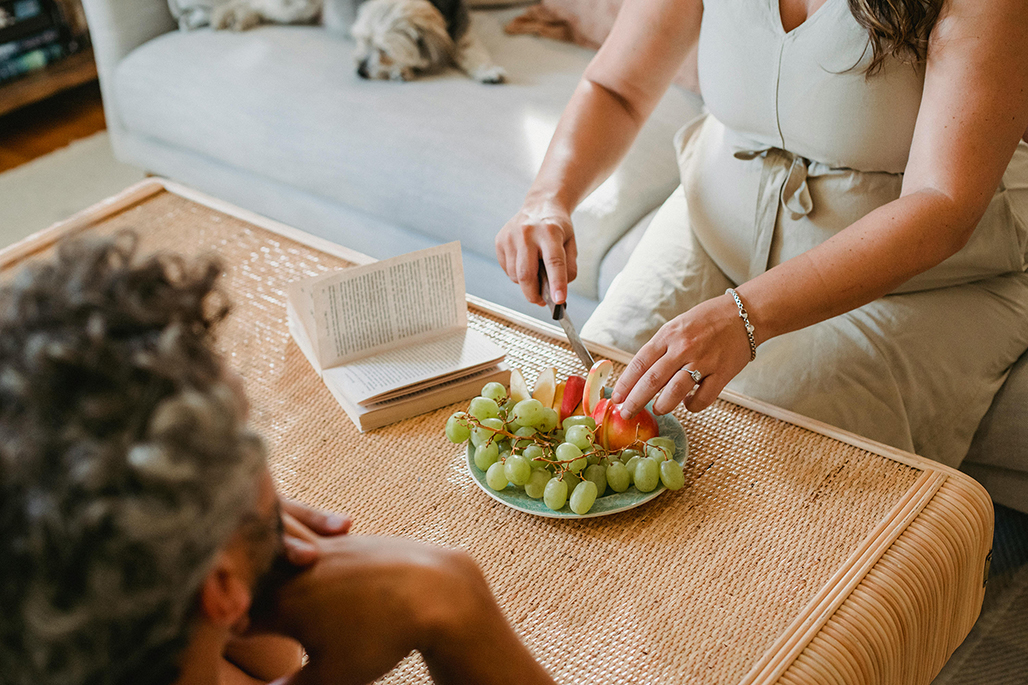Toddlers are naturally curious and testing boundaries is a normal part of their development. As parents, it's our duty to provide safe and constructive ways for them to explore limits.
Here are some safe and positive ways for our little ones to test boundaries:
1. Provide Choices:

Offer limited choices to give toddlers a sense of control. For example, let them choose between two snack options or decide which toy to play with. Try to allow them choices often within the day, and have open discussions with them about how to make a good choice.
2. Safe Physical Play:

Allow for safe physical play that lets toddlers exert energy and test their physical abilities. This could include running down slopes, hanging from a low pull-up bar at the fitness corner, or engaging in supervised rough-and-tumble play.
3. Exploration of Textures:

Create sensory-rich experiences where toddlers can explore different textures. Provide safe materials like playdough, sand, or water for tactile exploration. Our favourite no-prep activity is water painting at the void deck. Simply bring along an a container of water and some brushes for a good ol' session of painting on the ground. It gets even better on rainy days – just take brushes and an empty container along!
4. Responsibility Tasks:

Assign simple tasks that promote responsibility. Toddlers can assist with putting away pantry items, setting the table, sorting the laundry, or throwing away their trash. Our 4 year olds currently enjoy sorting cutlery, washing dishes (getting wet in the process) and helping out at the stove!
5. Artistic Expression:

Encourage creativity through art. Provide safe art supplies like crayons, markers, or finger paints, allowing toddlers to express themselves while learning about boundaries. Cutting, pasting, and tearing are also great activities to help develop their hand and finger muscles.
6. Role-Playing:

Engage in role-playing scenarios where toddlers can take on different roles. This allows them to explore social boundaries and understand different perspectives. Pretend play also lets toddlers explore and understand various concepts, such as cause and effect, problem-solving, and social roles.
7. Social Interaction:

Facilitate positive social interactions with others, especially outside of the family. Playdates or supervised group activities provide opportunities for toddlers to practice social boundaries and learn from their peers. We find this helpful in getting our multiples to step out of their comfort zone.
8. Establishing Routines:

Set consistent daily routines to provide structure and predictability. Toddlers feel secure when they understand what to expect, helping them navigate and understand boundaries. A simple routine chart and/or weekly calendar would be really helpful here!
9. Safe Risk-Taking:

Allow for safe risk-taking experiences, such as climbing on age-appropriate structures at the playground. Caregivers can closely supervise and support the child without excessive hand-holding. This helps toddlers develop a sense of their physical self and awareness too.
–––
When we let children explore within certain rules, they can learn about limits, figure out how to control themselves, and feel like they have some independence. By engaging in safe explorations, children not only build crucial life skills but also develop the confidence to navigate challenges with a sense of responsibility and autonomy.
Wish to be featured or have any tips to share with our community? Drop us a note here!
All content from this website, including images, cannot be reproduced without credits or written permission from Multiples Matter.








